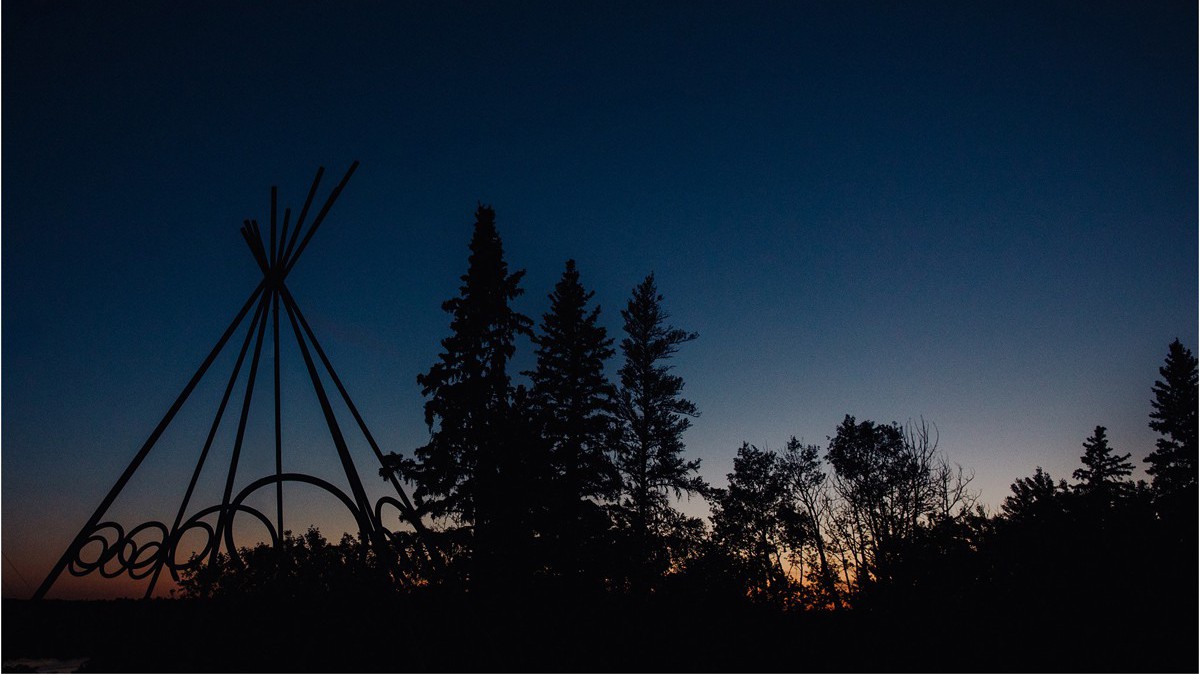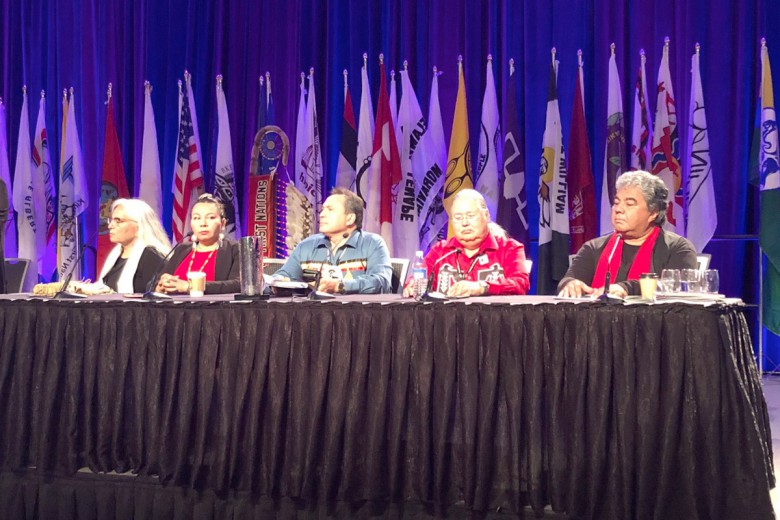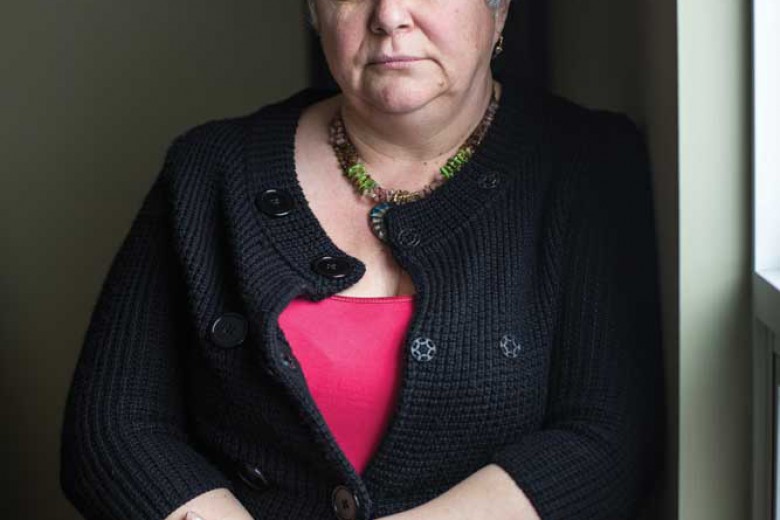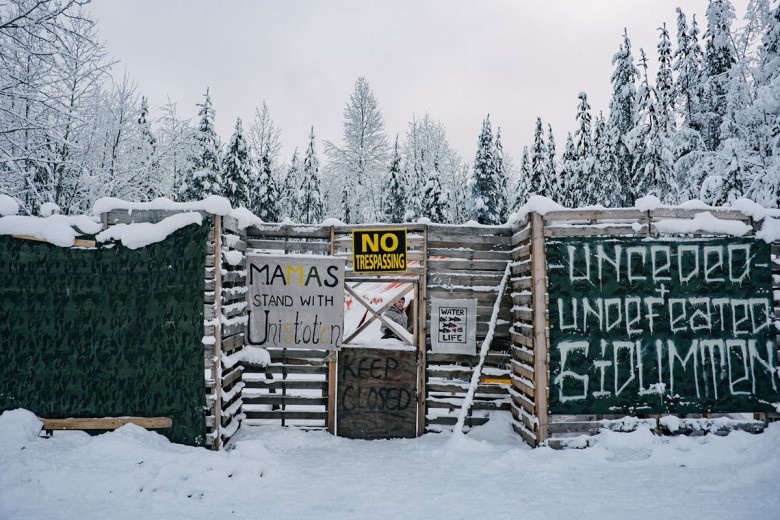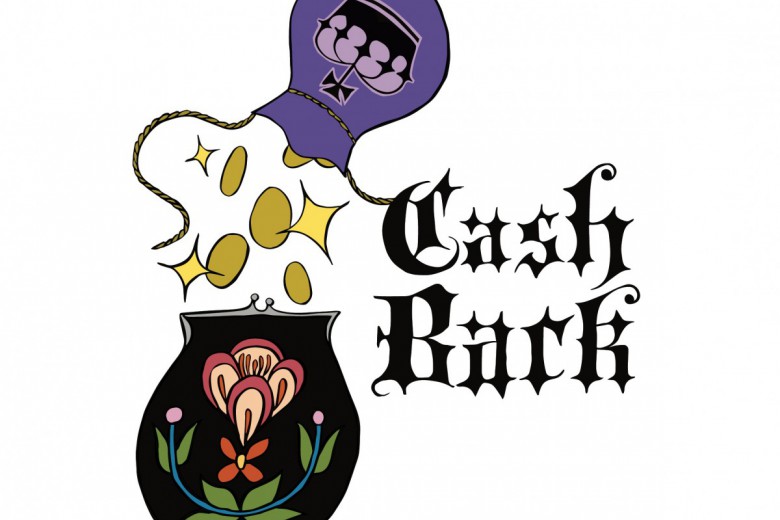I make love
under Indian Acts
aware that my womb
is a political battleground
don’t cum in me
I don’t need the reminder
dripping
that we are not compatible
My name is Tenille Campbell. I am Dene from English River First Nation, in Northern Saskatchewan. My father is Dene. He grew up in English River, learning to hunt, trap, and fish. He carries the Dene language and community stories. From my mother, I am Métis. She grew up down the road from Batoche, learning to take care of a ranch and to barrel race. When she and my dad married, she became a status Indian, gaining full treaty rights. In the next six years, all four of their children, including me, would be born with our 6(1)(a) status. As I came to understand the politics of being Indigenous, I would tease her about what it meant to become “Indian” all of a sudden, as if her short curly hair suddenly grew long and straight, as if her Michif tongue suddenly spoke fluent Dene. She would roll her eyes, tell me to be proud of both my strong cultures, and we would continue on. Dene. Métis. Indigenous.
I fell into like with a white boy a few summers ago. It was a hot and heavy crush, an inkling of something that could be more. When he smiled at me and his blue eyes met mine, I wanted to imagine what a life with him could be like. What our kids would be like. But as much as I liked the way his body felt in mine, the way he listened to my sounds in the night, I would stop feeling anything when I imagined the discussions that would take place with future children over the politics of having different fathers – one Dene, one not Indigenous. I didn’t know how to explain what the numbers of 6(1)(a) and 6(2) would mean – how they would be “registered” differently under paragraphs of “subsections” of settler law – and how the Canadian government and their own Chief and Council, bound under Indian Act dictation, would treat them differently.
The settler government retains control over who is Indian and who is not. Within two generations of status people having children with non-status people, treaty rights could be wiped out. How do we have reconciliation if mating with settlers still means our kids will be directly affected by an Indian Act that wants to be rid of Indians, to be rid of status rights? How can we have reconciliation if we are terminating the people whom settlers have to reconcile with?
The first time I fell in love, it was with a Dene boy from the rez. I was younger, still a virgin, but very interested in not being a virgin. We would talk on the phone for hours, and meet in the hallways at school, my back pushed up against lockers, arms around his neck, smiling into his kiss. And when we talked of children and the future we would have, because young love is always reckless and wild, we would laugh at how brown our babies would be. He talked of hunting and trapping with them and I would smile, seeing him as a father with little ones running around us. Loving him was easy, as we shared culture, community, and language. Love would never be that easy again.
My womb was originally designed to give life and create community, and now, under an Act dating back to 1876, my womb is a place where the life I grow is assigned a number and a status, a definition of how “Indian” this child will be. My womb now has the ability to diminish community, politically and legally destroying status lineages, depending on whom I let into my bed, whom I let cum into me.
you fit so nicely
between thick fry-bread thighs
dimpled and soft
ready for your feasting mouth
your hands tease dark nipples
to a cranberry flush
arching toward the air
you centre yourself on my
womanhood
and wait for my natural depths
to welcome you in
never mind
that you were never
supposed to be here in the first place


